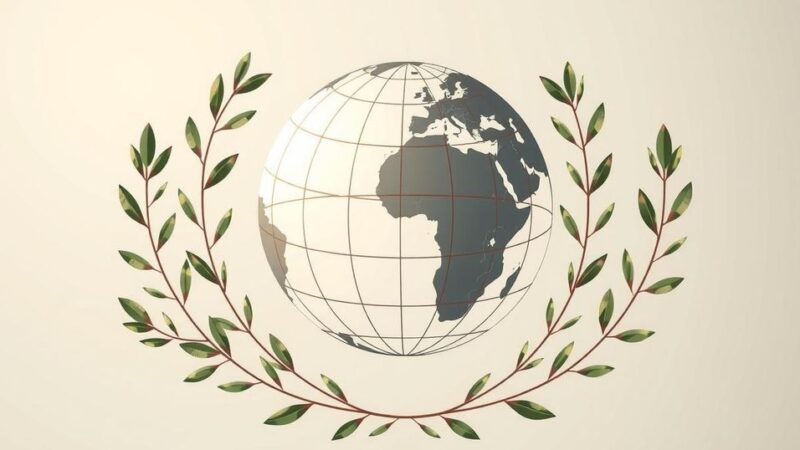Zimbabwe is experiencing political unrest as war veterans demand President Mnangagwa’s resignation. Concurrently, the country sees a resurgence of HIV following the withdrawal of crucial health services due to U.S. aid suspension. Financially, Zimbabwe struggles with a $21 billion debt crisis while facing tragic vehicle accidents. The multifaceted challenges require urgent attention and coordinated response measures.
Zimbabwe is currently experiencing significant political turmoil as war veterans publicly call for the resignation of President Emmerson Mnangagwa. With concerns regarding the potential for his rule to exceed constitutional limits, war veteran leader Blessed Geza has announced intentions for a nationwide shutdown as a means to pressure Mnangagwa to step down. Geza faces potential arrest due to his confrontational attitude towards the president, with authorities actively pursuing him on various charges, including inciting violence.
The nation faces a concerning resurgence of HIV, following the withdrawal of essential mobile health clinics that previously supplied vital services, including antiretroviral drugs, condoms, and testing facilities. This cessation was triggered by the suspension of U.S. foreign aid on January 20, leaving many vulnerable populations, particularly sex workers, without necessary healthcare. With approximately 1.3 million individuals living with HIV/AIDS in Zimbabwe, the impact of the aid withdrawal poses significant health risks as condom shortages become evident.
In financial news, Finance Minister Mthuli Ncube has indicated that Zimbabwe cannot pursue de-dollarisation until it restructures its outstanding debt estimated at $21 billion, a necessary step to regain access to international credit. The nation has been excluded from capital markets since defaulting in 1999, and potential debt restructuring may provide essential support for balance of payments. Furthermore, the launch of the new ZiG currency experienced challenges, including a substantial 43% devaluation in September, prompting calls for a review of its viability.
A tragic vehicle accident occurred in Matabeleland South Province on February 13, 2025, resulting in at least 24 fatalities. The collision involved a passenger bus and a large haulage truck, with 17 people dying at the scene and another seven succumbing in hospitals; twelve individuals remain in critical condition. Eyewitnesses reported that the bus was traveling to Beitbridge near the South African border while the truck was carrying 34 metric tons of magnesium. Police have confirmed the details of the incident and promise to provide further information.
Zimbabwe continues to grapple with a longstanding debt crisis, accumulating over $21 billion over 25 years, significantly due to unpaid obligations. The nation has been in default to notable creditors such as the World Bank and the IMF since 2000, a situation worsened by persistent drought conditions that have severely impacted the agricultural sector.
The current situation in Zimbabwe reflects a confluence of political unrest, health crises, and economic challenges. With the intense calls for President Mnangagwa’s resignation, the resurgence of HIV due to health service withdrawals, tragic accidents, and the deepening debt crisis, the country faces a complex and challenging path ahead. Addressing these issues requires urgent action and concerted efforts from both the government and the international community.
Original Source: globalsouthworld.com






